-
Senior Member
registered user
.
Dedoimedo has changed his mind on Xubuntu.
He has an attractive review of Xubuntu 16.10 at
http://www.dedoimedo.com/computers/x...kkety-yak.html
His reviews are attractive and cover a lot of territory, but without
much depth or specificity, IMO.
Having used Xubuntu 16.10 exclusively for a few months, here's how I would
review it in comparison to current Knoppixes.
Xubuntu is a Ubuntu-derived Linux which uses Xfce4 for a desktop.
An Xubuntu iso may be used to create a Live USB with persistence functionally
similar to that which was provided by earlier in CD-size Knoppix isos,
and in a number of ways offers some improvements. The dissimilarities are few,
but potentially significant, notably:
1. Xubuntu's Xfce4 desktop is similar to Knoppix's LXDE, but has some neat
additional GUI applets unavailable with LXDE, including whisker menu, a better
touch-pad manager, a start-up manager, and a better CPU monitor.
2. Xubuntu includes a popular assortment of services and applicatons which
would not be possible with a CD-size iso, by ignoring CD-size as a limitation
in the current era of relatively inexpensive USB read-write media. For example,
a compressed LibreOffice accounts for ~420 Mb of Xubuntu's 1.3 Gb iso.
3. Xubuntu lacks the inclusion of the enormous catalog of included Linux
applications which a DVD-size Knoppix iso might provide, but these missing apps
may easily be added, if needed, to a working Xubuntu installation with adequate
storage capability.
4. Xubuntu uses systemd rather than SysV-init but does this quite tolerably
while maintaining boot and shutdown times similar to Knoppix. In so doing,
this allows some experience to be gained using systemd, rather than avoiding it.
5. Xubuntu's base uses a single version of Debian's base, rather than a unique
mixture of experimental and stable versions. This might lessen potential
program upgrading difficulties inherent in Knoppix's mixed version usage.
6. Xubuntu uses squash files rather than cloops to capture condensed read-only
images of filesystems. Klaus K is the designated maintainer of the Linux cloop
package and he feels there are good reasons to prefer cloops over squash files.
Iím not competent to argue against cloops, but squash files do seem to be more
commonly used than cloops.
And one important similarity in common with Knoppix:
7. Xubuntu provides a relatively late proprietary 64-bit Broadcom wifi driver
which performs very well with high speed broadband, as does Knoppix 7.7. This
driver provides about twice the broadband throughput speed of earlier 32-bit
wl and b43 wifi drivers.
 Posting Permissions
Posting Permissions
- You may not post new threads
- You may not post replies
- You may not post attachments
- You may not edit your posts
-
Forum Rules


1U BareMetal pfsense opnsense Router Firewall DNS Server 6x 10GB Ethernet Ports
$149.00

Australia Linux Server- 32 GB RAM + 500 HDD + 6 Core processor
$66.88
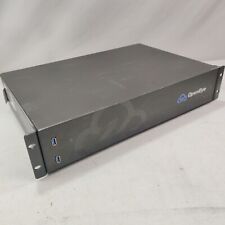
Open Eye OE-MTX08 8TB Micro Server With Linux (Boots To Login) No Accessories
$282.92
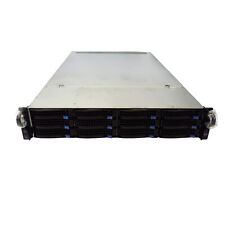
IBM 9006-22C 12 Bay LFF SAS3 12G Dual 22 Core 2.6GHz Power9 P9 Linux Server
$2799.99
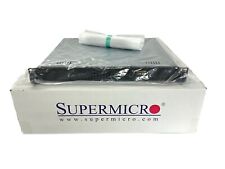
PFSENSE 15" Depth Server Supermicro X11SSH-F E3-1240 V5 V6 - 128GB NVME 32GB RAM
$359.00

Linux Server Administration CBT Training Videos
$5.25
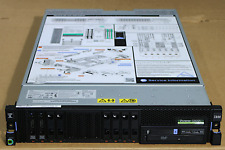
IBM Power8 S822L 20-Core 3.42GHz 256Gb 1.2Tb 40G Elastic Storage Server 5148-22L
$599.95
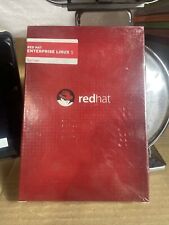
Red Hat Enterprise Linux 5 Server - New and Sealed
$32.00

POGO Linux WEBWARE 1150 Rack-Mount Server Pentium 4 2.8GHz 512MB - No Drives
$179.99

VPS Windows / Linux Server - 12GB RAM, 4 Core, 1 TB HD, Unltd. bandwidth 1 Year
$280.92



 Reply With Quote
Reply With Quote










